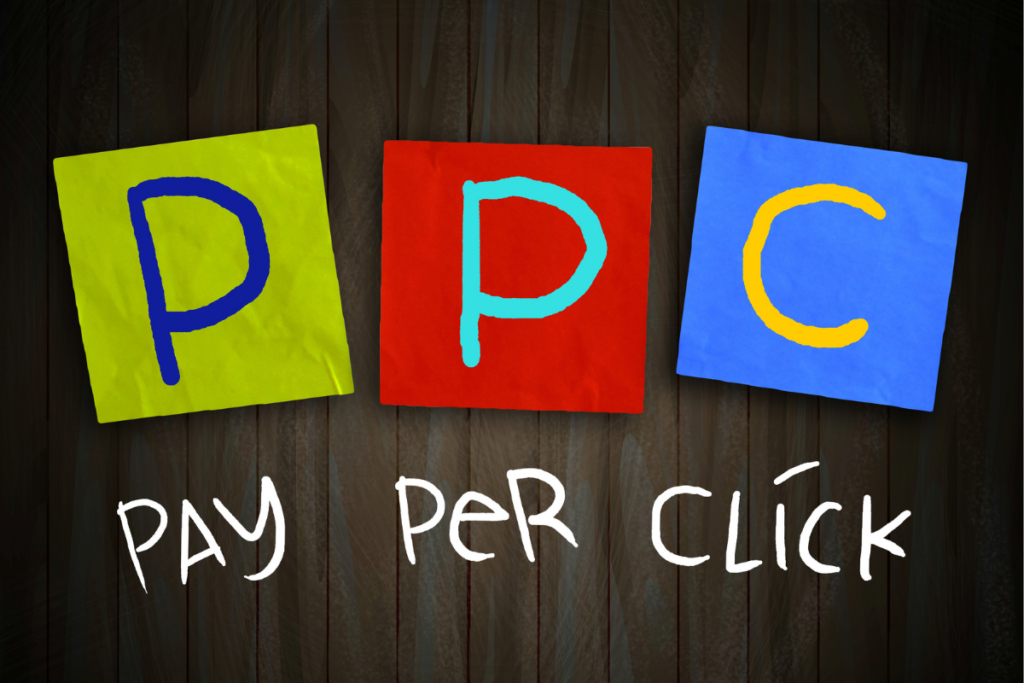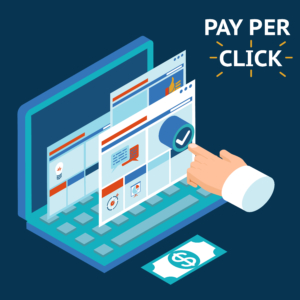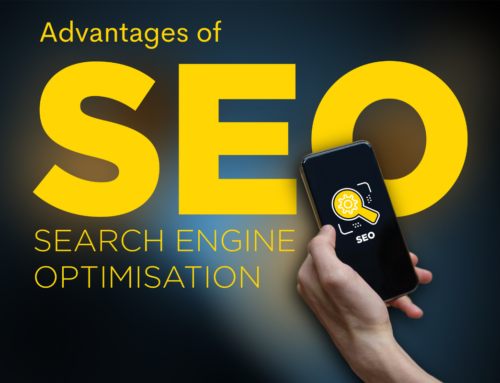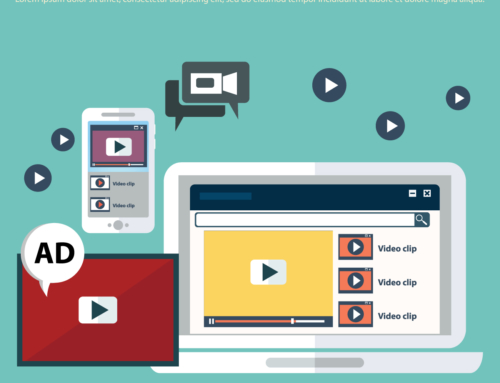
What is PPC?
PPC is an effective advertising model in which members receive each time a user clicks on one of their advertisements. It is a part of Off-page SEO. The cost-per-click model is another name for it. These ads appear when people use a search engine like Google to look for information online, particularly when they’re doing casual searches, which means they’re searching for something to buy.
How Does Pay-Per-Click Work?
In order for ads to seem alongside the results on search engine (commonly mentioned as a search Engine Results Page, or SERP), advertisers more to make sure are not willing to pay more that their ads appear more prominently than their competitor’s ads. Instead, ads are subject to what’s referred to as the Ad Auction, Google and other big search engines use a fully automated method to operate work out the relevance and validity of advertisements that appear on their SERP (Search engine results page).
The pay-per-click model is based totally on keywords. For instance, in search engines, online ads only appear when someone searches a keyword associated with the merchandise or service being advertised. Therefore, companies that believe in pay-per-click advertising models research and analyze the keywords most applicable to their products or services. Investing in relevant keywords may result during a higher number of clicks and eventually, Higher Profits.
What are Google Ads?
Google Ads is the world’s most widely used pay-per-click (PPC) advertising platform. Businesses can also use the Ad network to create ads that appear on Google’s programme and other Google tools. Google Ads works on a pay-per-click basis, with users bidding on keywords and purchasing each click on their ads.
Google searches the pool of Ads advertisers and chooses a group of winners to seem within the valuable ad space on the particular search results page
PPC marketing with Google Advertising is particularly beneficial because, as the most popular programme, Since Google gets a lot of traffic, your ads will get the most views and clicks. The frequency in which your PPC ads appear is determined by the keywords and match types you choose. While the amount of things determines how successful your PPC ad campaign are going to be done
You will improve a lot if you focus on:
- Keyword Relevance – Creating appropriate PPC keyword lists, keyword classes, and ad
- Landing Page Quality – Creating structured landing pages for unique search queries with compelling, relevant content and a direct call-to-action.
- Quality Score – Google assigns a Quality Score to your keywords, landing pages, and PPC campaigns based on their quality and relevance. Advertisers with higher Quality Scores receive more ad clicks for a little less money.
- Creative – If you’re advertising on the display network, you can use a tool like our free smart ad creators to create designer-quality ads that will entice people to click.
PPC Keyword Research
An effective PPC keyword list should be:
- Relevant
- Exhaustive
- Expansive
How to manage PPC keywords
- Add PPC Keywords
- Add Negative Keywords
- Split Ad Groups
- Review Costly PPC Keywords
- Refine Landing Pages
Types of PPC models
- Flat Rate Model: An advertiser pays a publisher a fixed fee for each click in the flat rate pay-per-click model. Publishers typically maintain a list of various PPC rates that refer to various areas of their website.
- Bid Based Model: In the offer-based model, each advertiser submits a bid for an ad spot with the maximum amount of money they are willing to pay.
PPC for Facebook:
Facebook is a pay-per-click marketing channel. This means you’ll be charged each time someone clicks on one of your advertisements. Having a solid Facebook pay-per-click strategy helps you to get more people to your website and increase sales revenue.
Social Pay Per Click is a type of paid digital advertisement that is specifically designed for use on social media platforms. These advertisements may be tailored to specific user groups based on demographics, subject interests, or other information collected by the network.
Advantages and Disadvantages of PPC

Designed by Freepik
Advantages of Pay-Pay-click
- Cost-effective
- Targeted
- Measurable
- Customizable
- Training resources
- Fast
Disadvantages of Pay-Per-Click
- Time investment
- Skills Required
- Cost can quickly add up
- Clicks and visits Don’t always lead to sales
Steps to start PPC advertisement:
- Redefine your Audience
- Choose the right platform
- Conceptualize your Campaign
Redefine your Audience:
The biggest benefit of PPC is that it allows you to put your goods and services in front of your target client on the internet. Today’s PPC platforms have hyper-targeting capabilities that are certainly more in-depth than the consumer personas you described in your market research.
Choose the right platform:
Every client is different and caters to different markets, so the PPC platform requirements vary a lot.
It’s crucial to pick the right channel to get your message out and meet your target audience where they are.
Conceptualize Your Campaign:
Take the time to make sure the main campaign is substantial and engaging. Even if your ad hits your target buyer, if the offer isn’t compelling enough or your brand value isn’t conveyed clearly, they won’t click through. To be in the best place for a high return on ad expenditure, invest time in a winning campaign concept (ROAS)
What is Return on Ad Spend:
It calculates how much money your company makes for every dollar it spends on advertising. ROAS is nearly identical to another measure you might be familiar with: return on investment, or ROI.
Summary
- What is PPC
- How Does Pay-Per-Click Work?
- What are Google Ads?
- PPC Keyword Research
- How to manage PPC Keywords
- Types of PPC models
- PPC for Facebook
- PPC for social media
- Advantages Of Pay-Per-Click
- Disadvantages Of Pay-Per-Click
- Steps to start PPC Advertisement
- What is Return On Ad Spend







Leave A Comment